
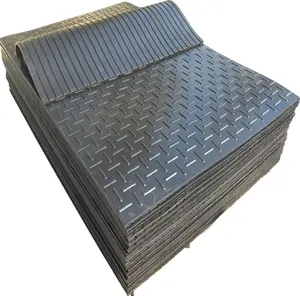
Trung Quốc Chất Lượng Cao 10-25Mm Có Thể Được Sử Dụng Trong Chuồng Gia Súc Và Chuồng Gia Súc Và Chuồng Lợn Chăn Nuôi Thảm Cao Su Sàn Bò

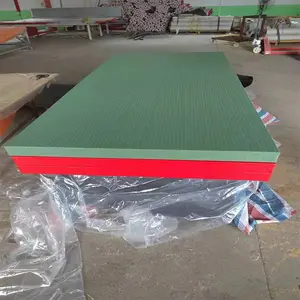
Chất lượng cao EPDM chéo Tập Thể Dục Thể dục dụng cụ cao su mat cao su lồng vào nhau sàn đấu vật Mat judo mat


2023 thiết kế mới tự động xe Tất cả thời tiết 3D 5D tùy chỉnh 3D TPE cao su xe thảm sàn cho Tesla mô hình 3



Phòng tập thể dục cao su sàn CuộN Mat Thảm đào tạo Mat kích thước lớn nhào lộn Mat không khí tầng airtrack cho thể dục dụng cụ

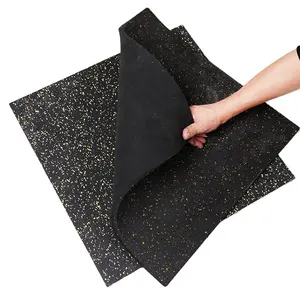
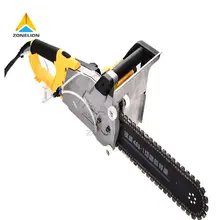

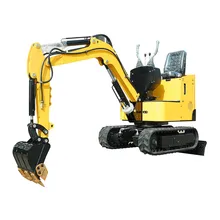

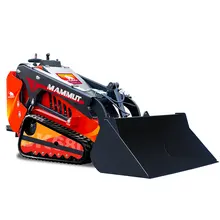

















 浙公网安备 33010002000092号
浙公网安备 33010002000092号 浙B2-20120091-4
浙B2-20120091-4